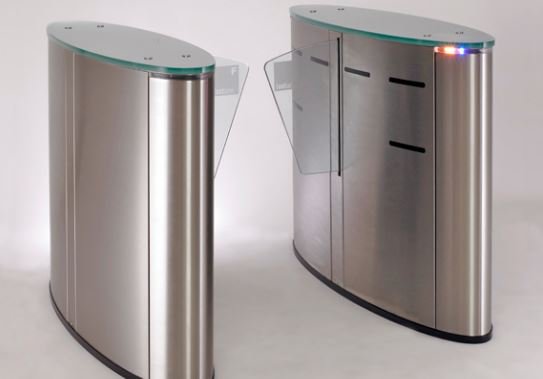Modern access control systems offer more than just security – and this has particular appeal in a leisure sector whose customers often double as members who visit regularly.
That’s the view of Stephen Goodridge, product manager at Banbury-based integration firm All Right Now. We spoke to him about a recent installation at Bristol Museum, the opportunities and challenges posed to installers and integrators in the leisure sector and the direction of travel for deployments in this vertical.
IFSEC Global: Why do you think you won the Bristol museum contract?
Stephen Goodridge: We won the initial contract as we interacted with the client in a timely fashion and provided competitive pricing. We got the second phase of the project without it going to tender as they were very happy with our work in the first phase.
IG: What challenges did the Bristol museum pose and how did you overcome them?
SG: This is a much larger question really addressed in the case study, but in principle the main challenge was the number of stakeholders involved from the council IT department to the end customer as well as a number of different suppliers.
I would say that the key to success on this project was communication and a willingness to work with all parties to sort out the teething issues which arose.
IG: Why do you specialise in leisure, healthcare and education sectors in particular?
SG: As a small business you have to focus your resources. Access control is a complex industry and you can only hope to gain a reputation and foothold if you specialise in a limited number of vertical sectors.
By focusing you can establish a good reputation and then you can leverage that reputation to branch out into other sectors in time.
In the leisure industry, fingerprint biometrics are seen as a way of reducing the ongoing cost of purchasing credentials for members as well as preventing the passing on of credentials
IG: What challenges do leisure businesses pose and how do you overcome them?
SG: Leisure businesses are very diverse and therefore have very different needs. They tend to have lower budgets than most so not only do they need a solution that works, they also need it to be low cost.
As a systems integrator and installer we find that our experience across a broad range of organisations both large and small enables us to advise our clients from a much broader outlook than they would have just from within their own organisation.
In this way we can hopefully add value and ensure that the end solution is what the customer actually wanted and works well for them.
IG: Anything else to add about your business, the access control market or the security industry generally?
SG: ARN [All Right Now] have had a very good year and firmly established ourselves as a respected provider of access control services to the leisure industry. We have a UK-wide network of engineers and are well placed to take advantage of this network to continue our expansion in 2017.
Within the leisure industry there are a couple of trends when it comes to credentials. On the one hand fingerprint biometrics are seen as a way of reducing the ongoing cost of purchasing credentials for their members as well as preventing the passing on of credentials.
On the other hand there are the software and hardware suppliers for whom the ongoing sale of expensive credentials is a fundamental part of their business strategy and a revenue stream they are loathe to relinquish, as it helps them to keep costs down in other areas.
At the same time, clubs are looking to get more data on how their members use their clubs, which in turn really requires some form of smart credential.
We think there are some interesting new technologies coming onto the market which could well revolutionise this sector once they’ve proven as reliable and which our development team are at the forefront of developing. We think these will be ready towards the end of 2017 but it will probably be 2018 before the technology is taken up by the mainstream.
Find out about how All Right Now installed the Fastlane turnstile from IDL in Bristol Museum
Subscribe to the IFSEC Insider weekly newsletters
Enjoy the latest fire and security news, updates and expert opinions sent straight to your inbox with IFSEC Insider's essential weekly newsletters. Subscribe today to make sure you're never left behind by the fast-evolving industry landscape.
Sign up now!


